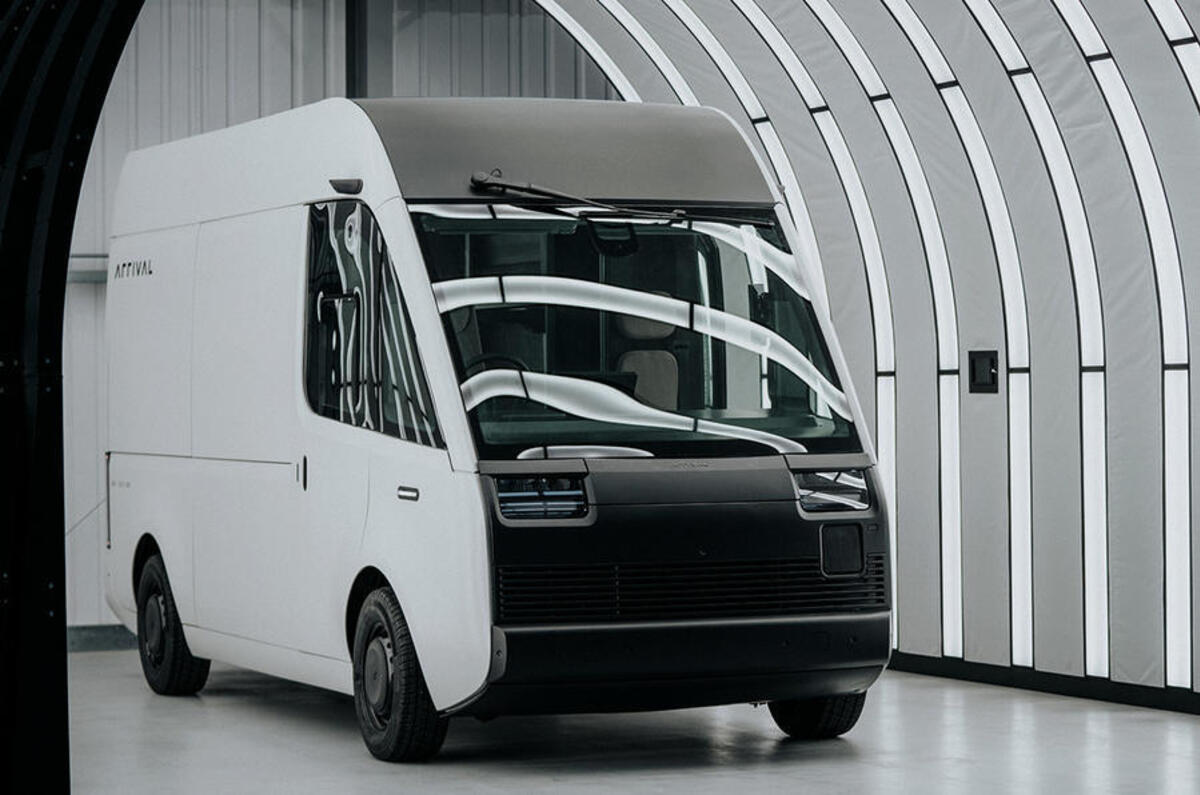An over-complex robot-based microfactory put into operation by “poor leadership” caused the collapse of British EV start-up Arrival, according to an Autocar source.
Arrival crashed into UK administration this week, having never delivered a customer van despite claiming 10,000s of orders and having burned through £1.5 billion of investment (from key automotive players including Kia and Hyundai) on a breakthrough electric van design and a futuristic factory in Bicester to build it.




Add your comment